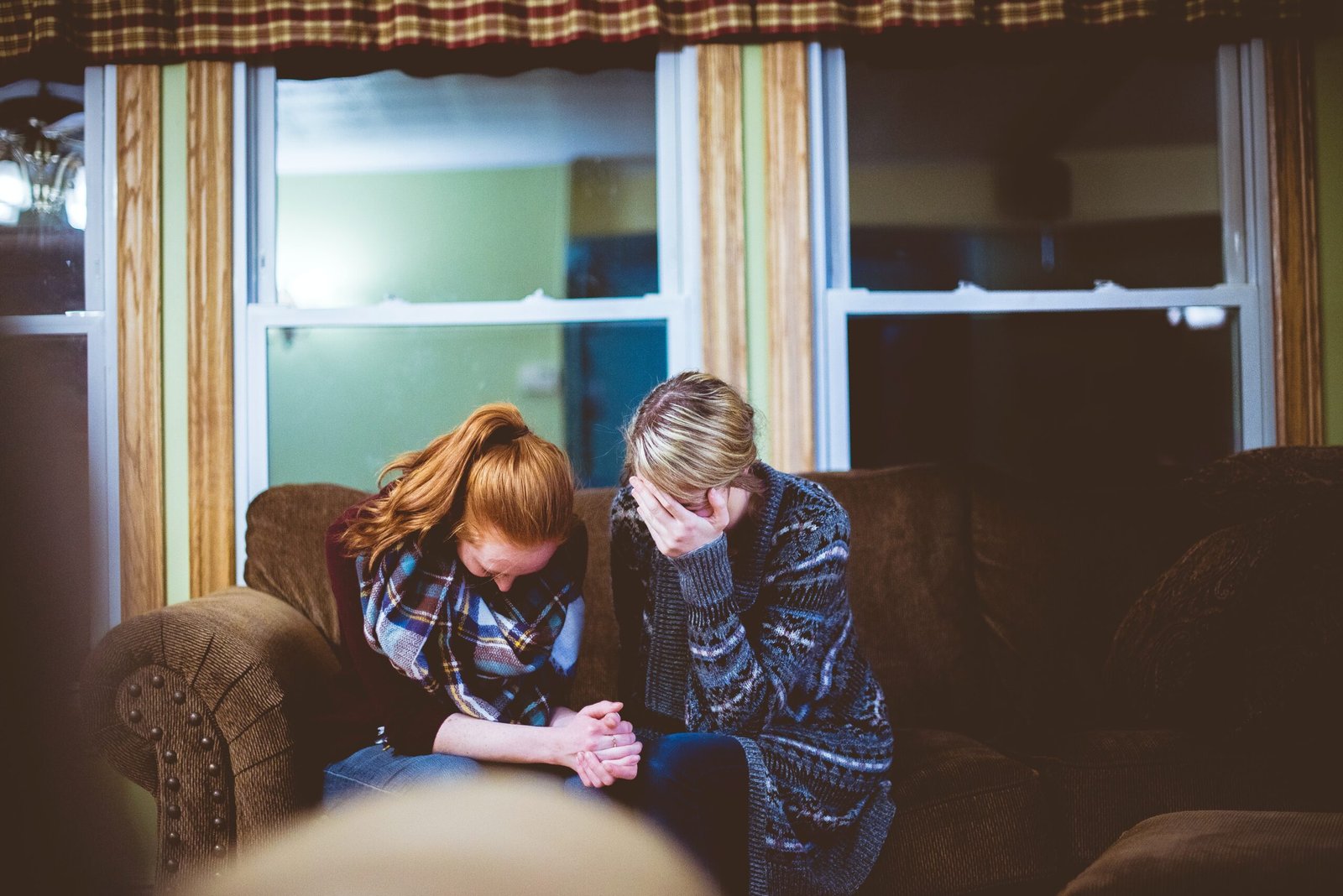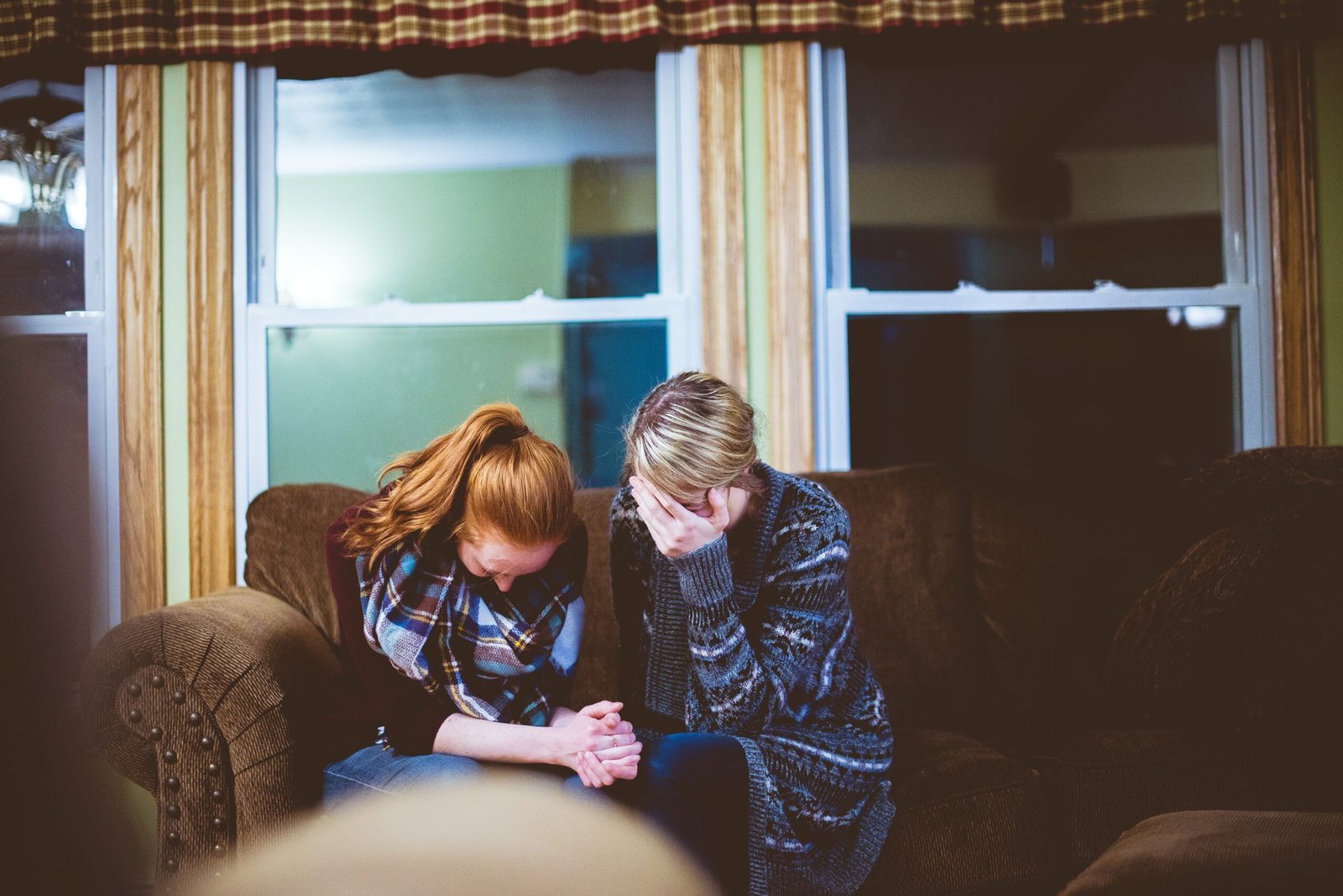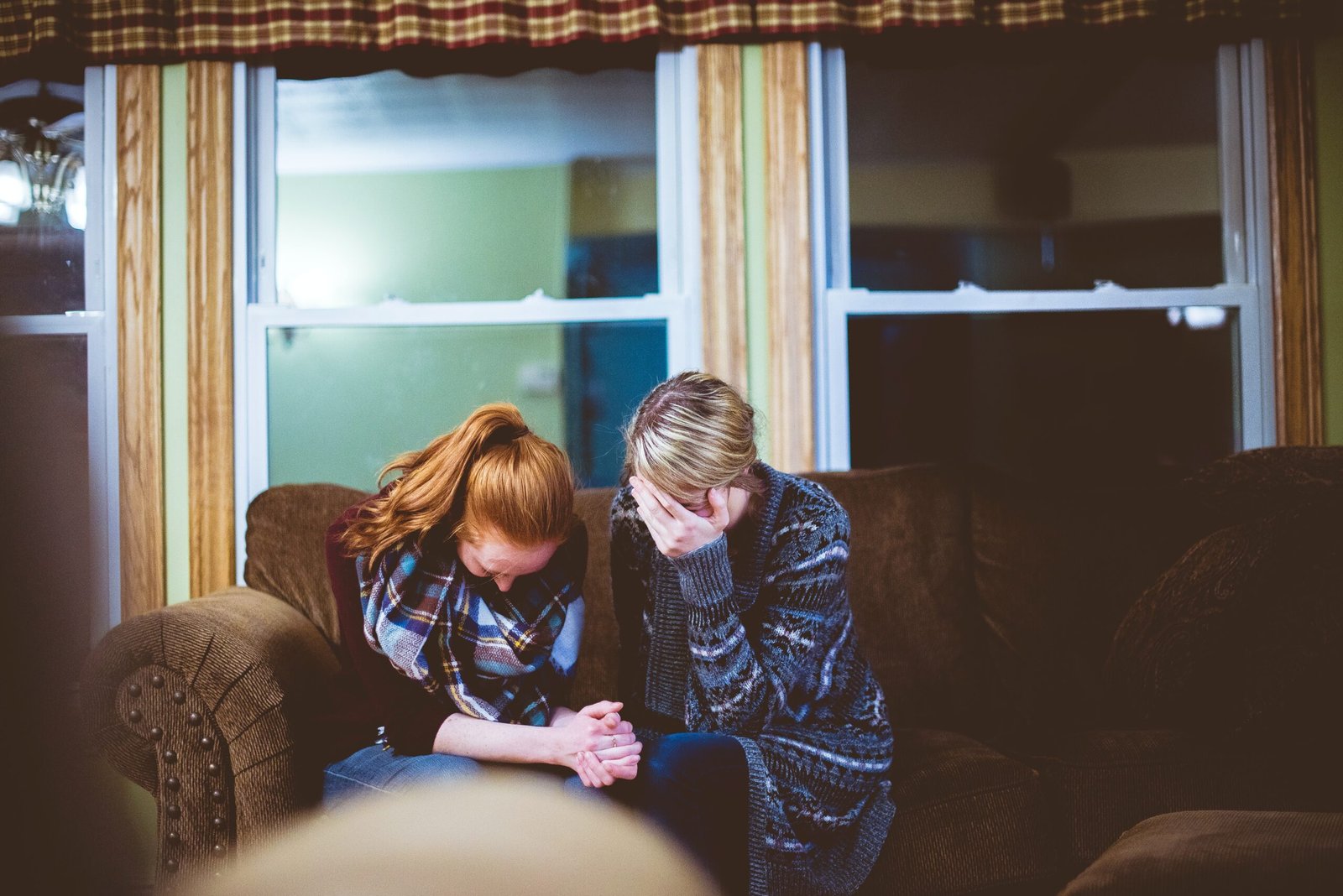Introduction
Grief and loss are universal experiences that can deeply impact our lives. Whether it’s the loss of a loved one, a job, a relationship, or a significant life change, navigating through the emotions and challenges that come with loss requires resilience. In this blog post, we will explore effective strategies for building resilience and coping with loss and grief.
Understanding Resilience
Resilience is the ability to bounce back from difficult experiences and adapt to change. It is not about avoiding or suppressing emotions, but rather finding healthy ways to cope and grow stronger in the face of adversity. Research has shown that resilience is a skill that can be developed and nurtured.
Top Strategies for Building Resilience
1. Acknowledge and Accept Your Feelings
When dealing with loss and grief, it is important to allow yourself to feel the full range of emotions. Give yourself permission to grieve and understand that it is a natural and necessary process. Journaling, talking to a trusted friend or therapist, or joining a support group can provide a safe space to express your feelings.
2. Practice Self-Care
Take care of your physical and emotional well-being by prioritizing self-care activities. Engage in regular exercise, maintain a healthy diet, get enough sleep, and practice relaxation techniques such as meditation or deep breathing. Self-care helps to reduce stress and improve overall resilience.
3. Seek Support
Reach out to friends, family, or support groups who can provide a listening ear and understanding during difficult times. Sharing your experiences and feelings with others can help alleviate the sense of isolation and provide a sense of belonging.
4. Develop Healthy Coping Mechanisms
Find healthy ways to cope with stress and emotions. Engage in activities that bring you joy and provide a sense of purpose. This could include hobbies, creative outlets, or volunteering. Avoid turning to unhealthy coping mechanisms such as excessive alcohol or substance use.
5. Embrace Change and Adaptability
Change is a natural part of life, and building resilience involves embracing it. Practice flexibility and adaptability in the face of challenges. Look for opportunities for personal growth and learning in difficult situations.
6. Practice Gratitude
Cultivate a sense of gratitude for the positive aspects of your life, even in the midst of loss and grief. Keep a gratitude journal or make it a habit to express gratitude to others. Focusing on the positive can help shift your perspective and build resilience.
Current Trends in Building Resilience and Coping with Loss and Grief
In recent years, there has been a growing recognition of the importance of mental health and well-being. As a result, various approaches and techniques have emerged to help individuals build resilience and cope with loss and grief. Some current trends include:
1. Mindfulness and Meditation
Practicing mindfulness and meditation has gained popularity as a way to reduce stress, improve emotional well-being, and build resilience. These techniques involve focusing on the present moment and cultivating a non-judgmental awareness of thoughts and emotions.
2. Therapy and Counseling
Therapy and counseling provide individuals with a safe and supportive environment to explore their emotions, develop coping strategies, and build resilience. Different therapeutic approaches, such as cognitive-behavioral therapy (CBT) or grief counseling, can be tailored to individual needs.
3. Online Support Communities
The internet has created new avenues for connecting with others who have experienced similar losses or challenges. Online support communities and forums provide a space for individuals to share their stories, seek advice, and find support from a global network.
4. Resilience Training Programs
Organizations and institutions are recognizing the importance of resilience in the workplace and beyond. Resilience training programs are being developed to equip individuals with the skills and strategies needed to navigate through adversity effectively.
Conclusion
Building resilience and coping with loss and grief are ongoing processes that require time, self-compassion, and support. By acknowledging and accepting your feelings, practicing self-care, seeking support, developing healthy coping mechanisms, embracing change, and practicing gratitude, you can strengthen your resilience and navigate through difficult times with greater ease.
FAQs
Q: How long does the grieving process typically last?
A: The grieving process is unique to each individual and can vary in duration. It is important to remember that there is no “normal” timeline for grief, and it can take months or even years to fully process the loss.
Q: Should I avoid talking about my loss with others?
A: It is essential to find a balance between sharing your feelings and respecting your own boundaries. Talking about your loss with trusted individuals can provide support and help you navigate through the grieving process. However, if you feel overwhelmed or uncomfortable discussing it, it is okay to take a step back and prioritize self-care.
Tips
– Practice self-compassion and be patient with yourself as you navigate through the grieving process.
– Seek professional help if you find it challenging to cope with loss and grief on your own.
– Remember that everyone’s journey is unique, and there is no right or wrong way to grieve.
– Connect with nature, as spending time outdoors can have a positive impact on mental well-being.
Call to Action
If you found this blog post helpful, please consider sharing it with others who may also benefit from these strategies for building resilience and coping with loss and grief. Together, we can support one another on our journey towards healing and growth.









